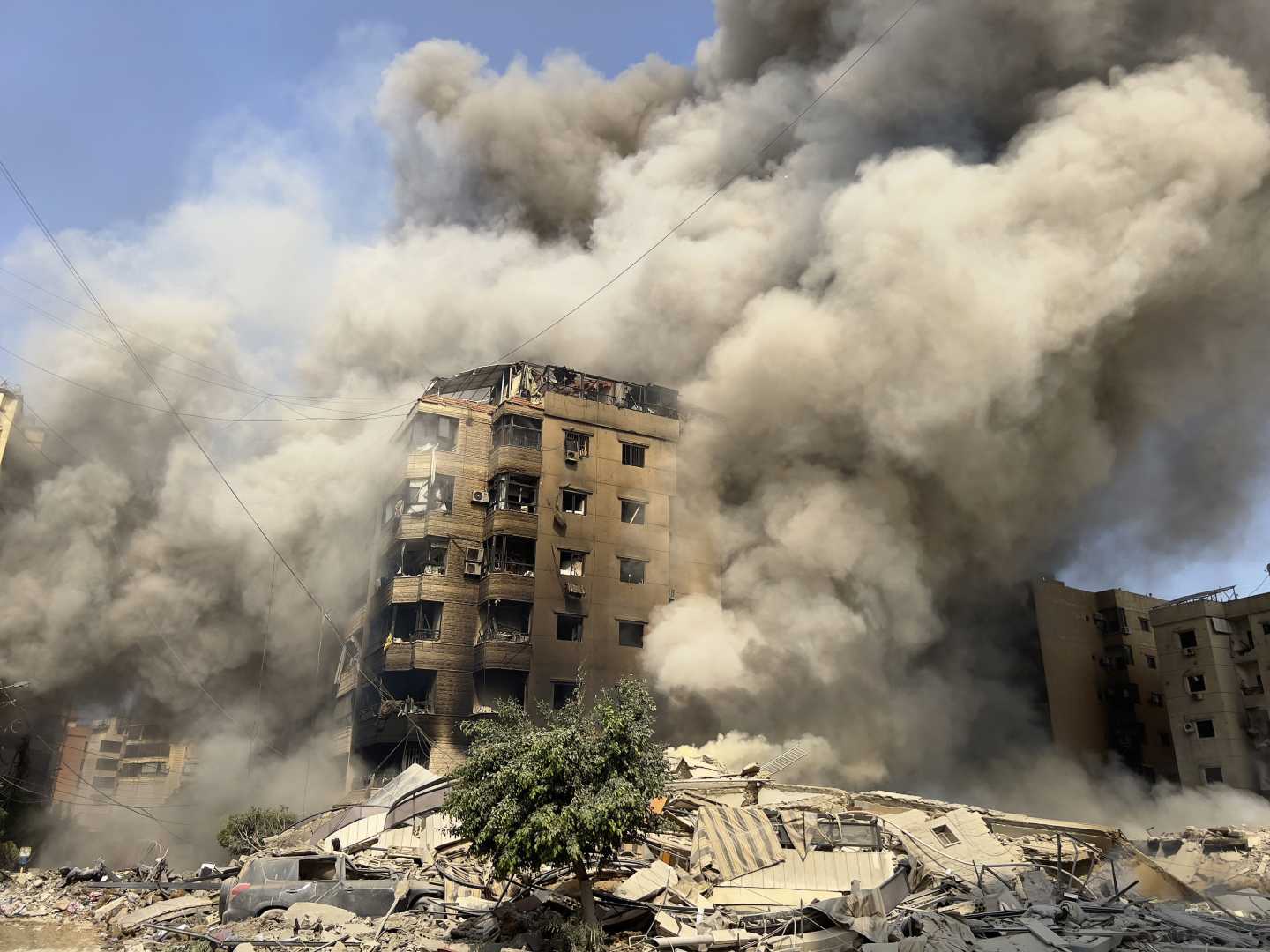News
Israel Expands Military Operations Targeting Yemen and Lebanon Amid Regional Tensions

JERUSALEM/BEIRUT, Sept 29 (Reuters) – Israel has intensified its military operations in the Middle East, targeting locations in Yemen and Lebanon. These actions occur in the aftermath of the killing of Hezbollah‘s leader, Hassan Nasrallah, on Friday. Israeli forces conducted airstrikes on Houthi-controlled targets in Yemen, including the port city of Hodeidah, in response to recent missile attacks launched by the Houthis against Israel.
The Houthi-run health ministry reported that the airstrikes in Yemen resulted in at least four fatalities and 29 injuries. The Israeli military has stated that its actions are precautionary, amid escalating concerns that the regional conflict could draw in Iran and the United States, a key ally of Israel.
Simultaneously, Israel has continued its assault on targets in Lebanon. The Lebanese Health Ministry disclosed that strikes on Sunday resulted in the deaths of at least 105 individuals, including significant casualties in areas such as Ain Deleb and Baalbek-Hermel. Over the past two days, 14 medics have also died as a result of the ongoing airstrikes. In response, Israel’s military chief of staff, Herzi Halevi, affirmed the intention to persist in targeting Hezbollah.
Israeli drones were active over Beirut overnight and throughout Sunday, with multiple loud explosions resounding in the Lebanese capital. The conflict between Hezbollah and Israel persists as cross-border exchanges of fire continue, initially sparked by Hamas’s actions in Gaza. Israel has rapidly intensified its attacks on Hezbollah positions over the preceding two weeks, aiming to secure its northern regions for residents.
The death of Nasrallah, who led Hezbollah for 32 years, marks a strategic blow to the organization. Following his death, additional rocket fire from Hezbollah was directed towards Israel. Iran has called for a United Nations Security Council meeting in response to the situation.
U.S. President Joe Biden has voiced a desire to avoid a full-scale war in the Middle East, indicating ongoing discussions with Israeli Prime Minister Benjamin Netanyahu. The U.S. government authorized its military presence in the region amid the heightened tensions.
Meanwhile, Iran mourned the loss of a senior Revolutionary Guards member killed alongside Nasrallah, prompting heightened security measures within the country, as reported by Reuters sources.
In Lebanon, the societal impact of the strikes is notable, with the Health Ministry recording over 1,000 fatalities and 6,000 injuries in the past fortnight. The Lebanese government estimates that approximately one million people have been displaced.
The United Nations World Food Programme has responded with an emergency operation to aid those affected by the conflict. Additionally, Saudi Arabia and France are providing medical aid to Lebanon.
Responding to the situation, Israeli Defense Minister Yoav Gallant stated, “Our message is clear – for us, no place is too far,” as Israel continues to target sites in Lebanon and Yemen.












